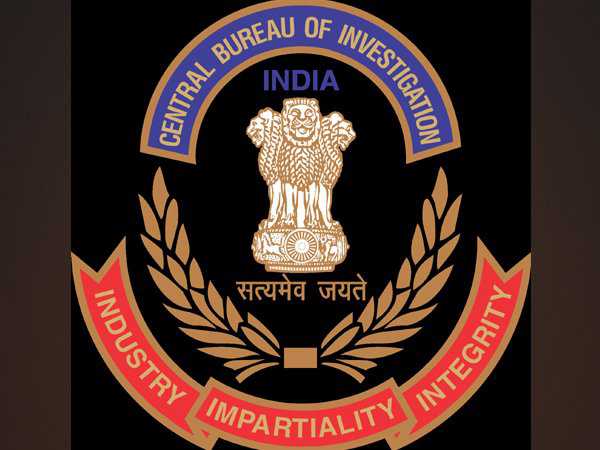Jurisdiction and Limits of CBI
Why in News
The Centre claimed in the Supreme Court that the Central Bureau of Investigation (CBI) is its own boss and the Union government has no control whatsoever over the probe agency in the registration, investigation and prosecution of cases.
Important Points
About CBI
- It is the premier investigating police agency in India. It is an elite force playing a major role in preservation of values in public life and in ensuring the health of the national economy.
- It is also the nodal police agency in India, which coordinates investigations on behalf of Interpol Member countries.
- CBI, functioning under Dept. of Personnel, Ministry of Personnel, Pension & Public Grievances, Government of India.
- Lokpal have power of superintendence and direction over any central investigation agency including CBI for cases referred to them by the Lokpal.
- History : CBI traces its origin to the Special Police Establishment (SPE) which was set up in 1941 by the Government of India.
- The functions of the SPE then were to investigate cases of bribery and corruption in transactions with the War & Supply Deptt. Of India during World War II.
- The Delhi Special Police Establishment Act was brought into force in 1946.
- The DSPE acquired its popular current name, Central Bureau of Investigation (CBI), through a Home Ministry resolution dated 1.4.1963.
Power and Mandate
- CBI derives power to investigate from the Delhi Special Police Establishment Act, 1946 Section 2 of the Act vests DSPE with jurisdiction to investigate offences in the Union Territories only.
- However, the jurisdiction can be extended by the Central Government to other areas including Railway areas and States under Section 5(1) of the Act, provided the State Government accords consent under Section 6 of the Act.
- The executive officers of CBI of the rank of Sub Inspector and above, exercise all powers of a station office in-charge of the police station for the concerned area for the purpose of investigation.
- As per Section 3 of the Act, Special Police Establishment is authorised to investigate only those cases, which are notified by the Central Government from time to time.
Widening Role
- As the CBI, over the years, established a reputation for impartiality and competence, demands were made on it to take up investigation of more cases of conventional crime such as murder, kidnapping, terrorist crime, etc.
- Initially the offences that were notified by the Central Government related only to corruption by Central Govt. servants.
- In due course, with the setting up of a large number of public sector undertakings, the employees of these undertakings were also brought under CBI purview.
- Similarly, with the nationalisation of the banks in 1969, the Public Sector Banks and their employees also came within the ambit of the CBI.
- Apart from this, even the Supreme court and the various High Courts of the country also started entrusting such cases for investigation to the CBI on petitions filed by aggrieved parties.
- CBI has also the experience of handling high profile conventional crimes, economic offences, banking frauds and crimes with international linkages.
- The CBI is designated as the National Central Bureau of India for ICPO-INTERPOL.
Latest Achievements
- The Central Bureau of Investigation (CBI), as part of its ‘Chakra-II’ operation, has achieved a major breakthrough in two more cases involving an international online investment fraud worth hundreds of crores targeting Indians; and a cyber-enabled impersonation racket in which Singaporean citizens were cheated.
Issues and Criticism
- The agency is facing such a crisis of credibility.
- Its actions and inactions had raised questions regarding its credibility, in some cases.
- There are instances of corrupt officers in the CBI who become pliable in the hands of the government.
- The Supreme Court [in 2013] called it a “caged parrot”.
- The details of cases registered with the CBI, the progress made in their investigation and the final outcome are not available in public domain.
- Some States alleged that the CBI was probing several cases and registering FIRs in the State without taking prior consent .




.jpg)
.jpg)
.jpg)
.jpg)
.jpg)

.jpg)


.jpg)
